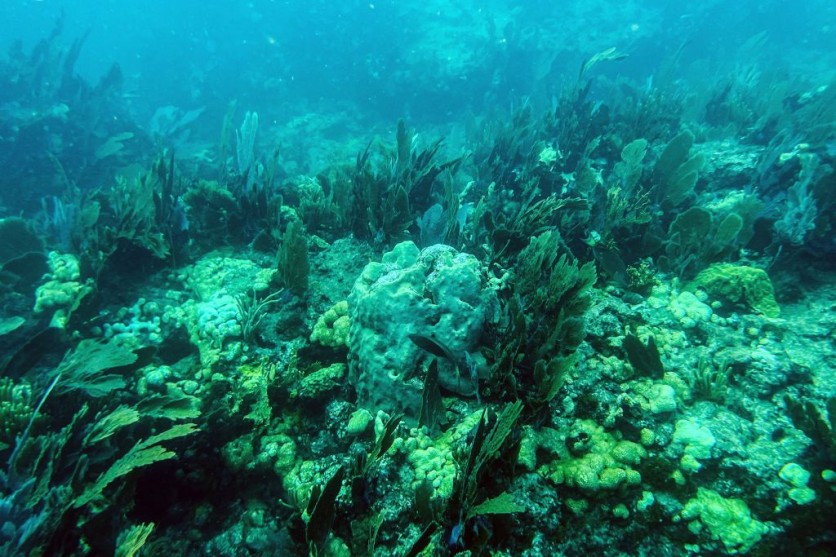Saudi Arabia's Neom and King Abdullah University of Science and Technology (KAUST) have revealed plans for the world's most extensive coral restoration endeavor.
The endeavor aligns with the nation's Vision 2030 initiative to enhance marine conservation efforts.

Revolutionizing Coral Restoration
The KAUST Coral Restoration Initiative (KCRI) launches a groundbreaking initiative to establish a vast coral nursery along the NEOM coastline in northwestern Saudi Arabia.
This monumental project sets out to cultivate 40,000 corals annually, marking a significant stride in global reef restoration endeavors.
Notably, a second facility is already underway. It will boast a capacity ten times larger than its predecessor and the potential to nurture an impressive 400,000 corals each year.
This groundbreaking initiative marks a significant leap forward, even in its preliminary phase. It paves the way for establishing the world's largest and most advanced land-based coral nursery.
A groundbreaking project to place 2 million pieces of coral in a 100-hectare area is underway. This represents a major step forward in global coral restoration efforts, combining expertise from Saudi Arabia and around the world.
The KCRI began a significant restoration project last year covering 100 hectares on Shushah Island, about 20 kilometers from the NEOM coast.
This island is home to diverse coral reefs, some healthy and some needing help. In just one month, the KCRI made progress by growing nearly 5,000 corals from important species, reaching almost half of their yearly goal for 2023.
Evaluating Methods, Designs
In order to optimize efficiency, the project evaluated seven methods and five distinct designs for coral nurseries. They aim to generate approximately half a million corals annually to support the restoration and preservation of varied reef ecosystems.
This extensive restoration endeavor aligns with the objectives outlined in the Kingdom's Vision 2030, which aims to enhance marine conservation efforts.
As part of the Saudi Green Initiative, the target is to safeguard 30% of terrestrial and marine areas by 2030, with a current protection status covering 66,000 square kilometers of land and sea.
As the President of KAUST, Professor Tony Chan underscored the urgency of addressing the global coral reef crisis. He expressed the university's dedication to leading efforts in combating the ongoing degradation of coral reefs.
Chan emphasized KAUST's commitment to utilizing its faculty's expertise to pioneer innovative technologies to reverse this trend.
Meanwhile, Nadhmi Al-Nasr, CEO of NEOM, reiterated the organization's commitment to sustainability and developing groundbreaking solutions for environmental issues.
KCRI aligns seamlessly with KAUST's broader strategic vision, showcasing its dedication to fostering positive societal and global outcomes.
This initiative sets the stage for extending the horizons of coral restoration endeavors and facilitating future breakthroughs in marine conservation. Construction is advancing swiftly, with an anticipated completion date of December 2025.
Coral reefs are integral to nations' economies worldwide, with estimates suggesting that they provide economic benefits and services valued at around $375 billion annually.
Moreover, coral reefs are some of the planet's oldest ecosystems, underscoring their significance in ecological history.





